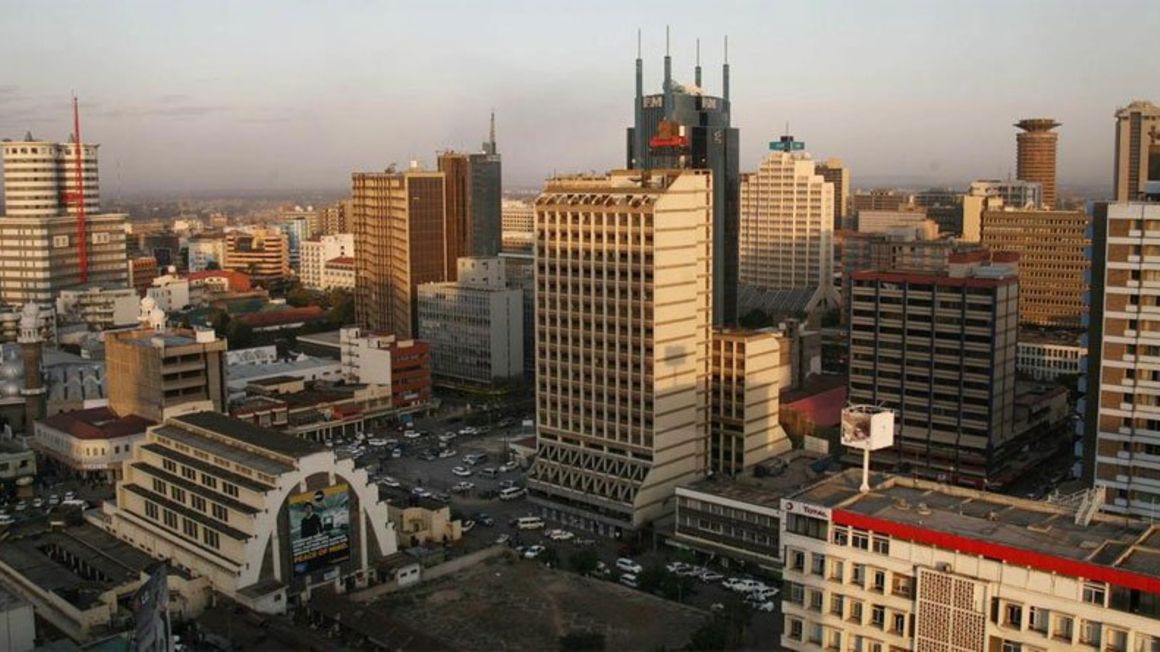
Nairobi City skyline. FILE PHOTO | NMG
Summary
- Thousands of homes and office blocks in Nairobi risk seizure as the Kenya Revenue Authority (KRA) and City Hall begin a crackdown on landlords who have defaulted on land rate payments.
- The owners of some of the affected properties in the city have already been served with warnings of takeover should they fail to clear their dues.
Thousands of homes and office blocks in Nairobi risk seizure as the Kenya Revenue Authority (KRA) and City Hall begin a crackdown on landlords who have defaulted on land rate payments.
The owners of some of the affected properties in the city have already been served with warnings of takeover should they fail to clear their dues.
“You are supposed to have paid up all the rate fees for the plot, including any arrears owed to the Nairobi County Government. The County Government Finance Act of 2015 mandates the authority [KRA] to repossess any land property the owner defaults rate payment and reallocate it to the deserving,” a notice pinned on one of the properties said.
The Nairobi county assembly in 2018 amended the Revenue Act of 2015, empowering City Hall to recover land rates from rental income in the push to collect the more than Sh15 billion that was owed to it at the time.
The changed law marked a shift from the previous regime where the county administration was only allowed to restrict access to property whose owners had defaulted on payment.
The amended Act now allows City Hall to temporarily repossess such properties and make recoveries of the debt owed through monthly rent.
“To know how much you owe the county government and to make any arrangement for payment of the same, visit KRA offices located at…sub county office grounds,” said the joint notice by the KRA and City Hall.
A recent geospatial analysis conducted by the national government showed that 90 percent of land and property owners in Nairobi had defaulted on rates.
City Hall has in recent years unsuccessfully tried to lower defaults on payments through closure of office blocks.
It has also previously waived penalties for defaulters with little success in a bid to improve compliance.
Frustrated by poor rate collection results, City Hall in February 2020 tapped the services of the KRA to help improve revenue.
The KRA now oversees all streams of revenue in Nairobi and administers the taxes through the normal process of assessment, payment, accounting, remission and enforcement through both compliance and debt recovery.
The KRA has dangled waivers on tax penalties incurred over the past five years in an attempt to mop up additional revenues amid a collection crunch caused by the Covid-19 pandemic.
The taxman recently announced that taxpayers would get full or partial relief on penalties and interest on the undisclosed taxes, in a programme that runs from January 1 this year to December 31, 2023.
The Voluntary Tax Disclosure Programme (VTDP) was introduced through the Finance Act, 2020 and seeks to grant relief on penalties and interest on any tax liability disclosed in respect to the period between July 1, 2015 and June 30, 2020.
Data by City Hall shows that housing rent, fire inspection certificate and land rates topped the revenue sources for Nairobi County for July to December 2020 -- netting Sh1.3 billion.
City Hall recorded only Sh3.9 billion in own-source revenue during the six months under focus against a target of Sh6.4 billion.
Land rates recorded Sh1.1 billion in the first half of the financial year ending June 30, 2021 against a target of Sh1.2 billion.
This represented a performance of 89 percent and more than Sh900 million increase compared to a similar period in the previous financial year ended June 30, 2020.
Housing rents recorded Sh292.9 million against a target of Sh300 million, representing 98 percent performance. This was an increase of Sh51 million from the previous financial year.
Fire inspection certificate recorded Sh54.9 million from a target of Sh60 million, representing a 91 percent performance although the figure was a Sh3 million decrease from the previous financial year.





No comments :
Post a Comment